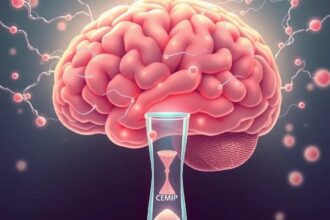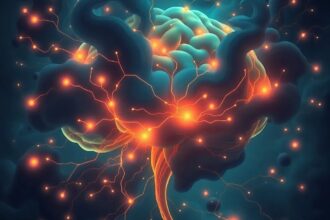Explore the science of neuroplasticity and practical exercises to enhance brain health through mindfulness, cognitive training, and nutrition.
Discover how neuroplasticity exercises and mindfulness can transform your brain health and prevent cognitive decline.
Understanding Neuroplasticity: The Brain’s Ability to Adapt
Neuroplasticity, also known as brain plasticity, refers to the brain’s remarkable ability to reorganize itself by forming new neural connections throughout life. This adaptability allows the brain to compensate for injury and disease, and to adjust its activities in response to new situations or changes in the environment. According to Dr. Michael Merzenich, a pioneer in neuroplasticity research, The brain is not a static organ; it is constantly changing and adapting based on our experiences and behaviors.
The Role of Mindfulness in Enhancing Neuroplasticity
Mindfulness meditation has been shown to significantly impact brain structure and function. A study published in the journal Psychiatry Research: Neuroimaging found that participants who engaged in an 8-week mindfulness-based stress reduction program exhibited increased gray matter density in the hippocampus, known for its role in learning and memory, and in structures associated with self-awareness, compassion, and introspection.
Cognitive Training: Sharpening the Mind
Cognitive training exercises, such as puzzles, memory games, and learning new skills, can stimulate neuroplasticity. Dr. Sandra Bond Chapman, founder of the Center for BrainHealth, emphasizes that Engaging in complex mental activities can build cognitive reserve, which helps the brain become more resilient to age-related decline.
Physical Exercise: A Catalyst for Brain Health
Physical exercise is not only beneficial for the body but also for the brain. Aerobic exercises, in particular, have been shown to increase the size of the hippocampus, improving memory and learning. A study from the University of British Columbia found that regular aerobic exercise appears to boost the size of the hippocampus, the brain area involved in verbal memory and learning.
Nutrition: Fueling the Brain
Nutrition plays a crucial role in brain health. Foods rich in omega-3 fatty acids, such as salmon, walnuts, and flaxseeds, are essential for maintaining the structure and function of brain cells. Antioxidants found in berries, dark chocolate, and green leafy vegetables protect the brain from oxidative stress, which can damage cells and contribute to cognitive decline.
Practical Tips for Long-Term Brain Health
To maintain long-term brain health, it is essential to incorporate a combination of neuroplasticity exercises, mindfulness practices, and a brain-healthy diet into your daily routine. Regular physical activity, continuous learning, and stress management are key components of a brain-healthy lifestyle. As Dr. John Ratey, author of Spark: The Revolutionary New Science of Exercise and the Brain, states, Exercise is the single best thing you can do for your brain in terms of mood, memory, and learning.




